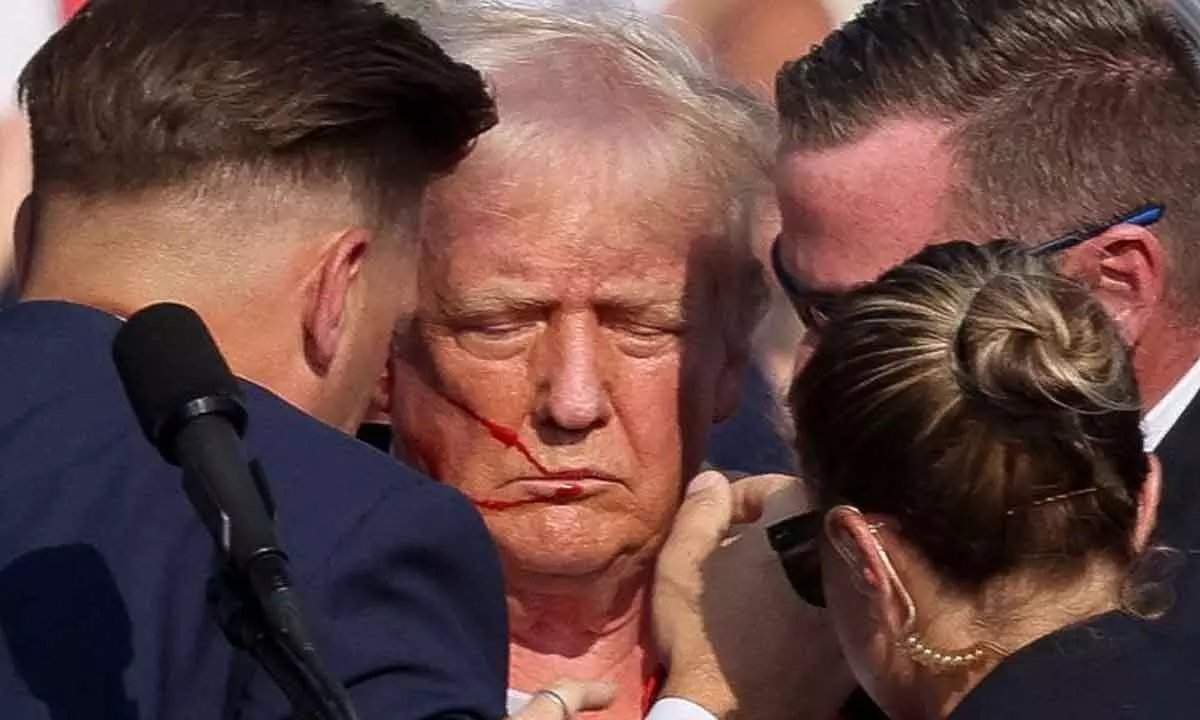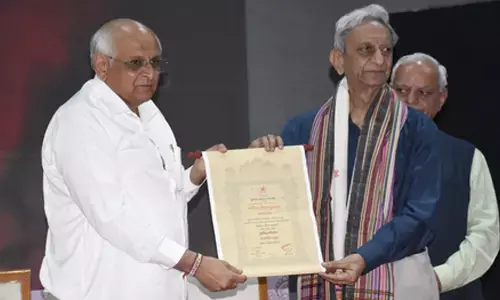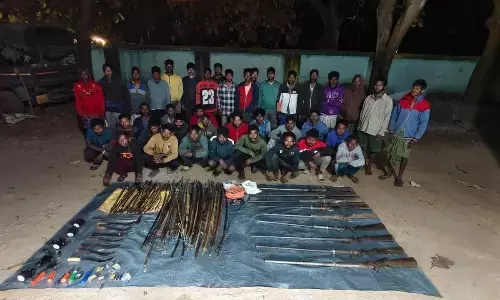Assassinations not just an American problem

Real political change requires more complex forms of engagement than the shortcut of the assassin’s bullet
By the time Julius Caesar died with the words “Et tu, Brute?” on his lips, political assassinations were already a common occurrence.
But have they become rarer in modern times? Was the attempted assassination of former US President Donald Trump an outlier event in modern democracies?
The short answer is no.
In the heydays of Europe’s powerful monarchies prior to the 20th century, revolutionary groups used assassinations to make clear to the people that, for all of their power, the rulers of the day were mortal, too. According to one historian, revolutionaries tried to kill “nearly every major European ruler and head of state” in the late 1800s. For example, in an act of what some anarchists called “propaganda by deed”, Tsar Alexander II was murdered by the Russian revolutionary group People’s Will in 1881. Their Italian comrades then successfully killed Empress Elisabeth of the Austro-Hungarian Empire in 1898. Archduke Ferdinand and his wife in Sarajevo were killed in June 1914.
During the second world war, resistance groups also used assassinations against the Nazis. The killing of Reinhard Heydrich, the SS chief who played a key role in carrying out the Holocaust, in Prague in May 1942 is still celebrated today in the Czech Republic.
In the decades that followed the war, ultra-left revolutionary vanguardist groups began to embrace the political tactic of assassinations enthusiastically. In Germany, for instance, the Red Army Faction assassinated leading bankers, industrialists, politicians and others from the 1970s to 1990s in the hope of fomenting revolution. A similar group in Italy, the Red Brigades, murdered Prime Minister Aldo Moro in 1978.
High-profile killings in India
Prime Minister Indira Gandhi, who was killed by her Sikh bodyguards in 1984 after she ordered military action against Sikh separatists and her son, Rajiv Gandhi, a former prime minister, who was assassinated while electioneering in 1991 by a Tamil Tiger suicide bomber after relations between the separatist movement and the Indian government soured.
In 2007, Benazir Bhutto, the former prime Minister of Pakistan, survived one assassination attempt (a bombing that killed 180 people) before being killed in another.
The reasons for the assassination remain murky. Some believe she was targeted by Islamists angry at her closeness to the West; others believe then-President Pervez Musharraf wanted to be rid of an inconvenient rival. Musharraf was later charged in her killing; he denies any responsibility.
Elsewhere, ultra-nationalism was the motivation for the assassination of Israeli Prime Minister Yitzak Rabin by a right-wing ultra-Zionist in 1995. Rabin was killed (as Anwar Sadat of Egypt had been before him) for attempting to move towards a peace agreement between Israel and the Palestinians.
Sadly, assassinations remain all too common in Africa today. Latin America is also frequently rocked by assassinations. Presidential candidate Jair Bolsonaro was stabbed during a rally in Brazil – an attack believed to have helped him win the 2018 election.
In Japan, Shinzo Abe was assassinated in 2022 by a lone gunman who had a grudge against a church he believed the ex-prime minister had supported.
Earlier this year, Slovakia’s prime minister, Robert Fico, was seriously wounded by a gunman with connections to right-wing groups.
An end?
As long as disgruntled people outside the political process feel that something can be gained by killing a prominent individual, assassinations will continue to be a macabre part of the political landscape. State-sanctioned extrajudicial killings seem likely to continue, as well.
But as the bomb-throwing anarchists of the early 20th century came to realise, killing an individual political figure rarely brings about the widespread change the act desires. It is impossible to assassinate a system, a structure, a movement or an idea. Real political change requires more complex forms of engagement than the shortcut of the assassin’s bullet.




